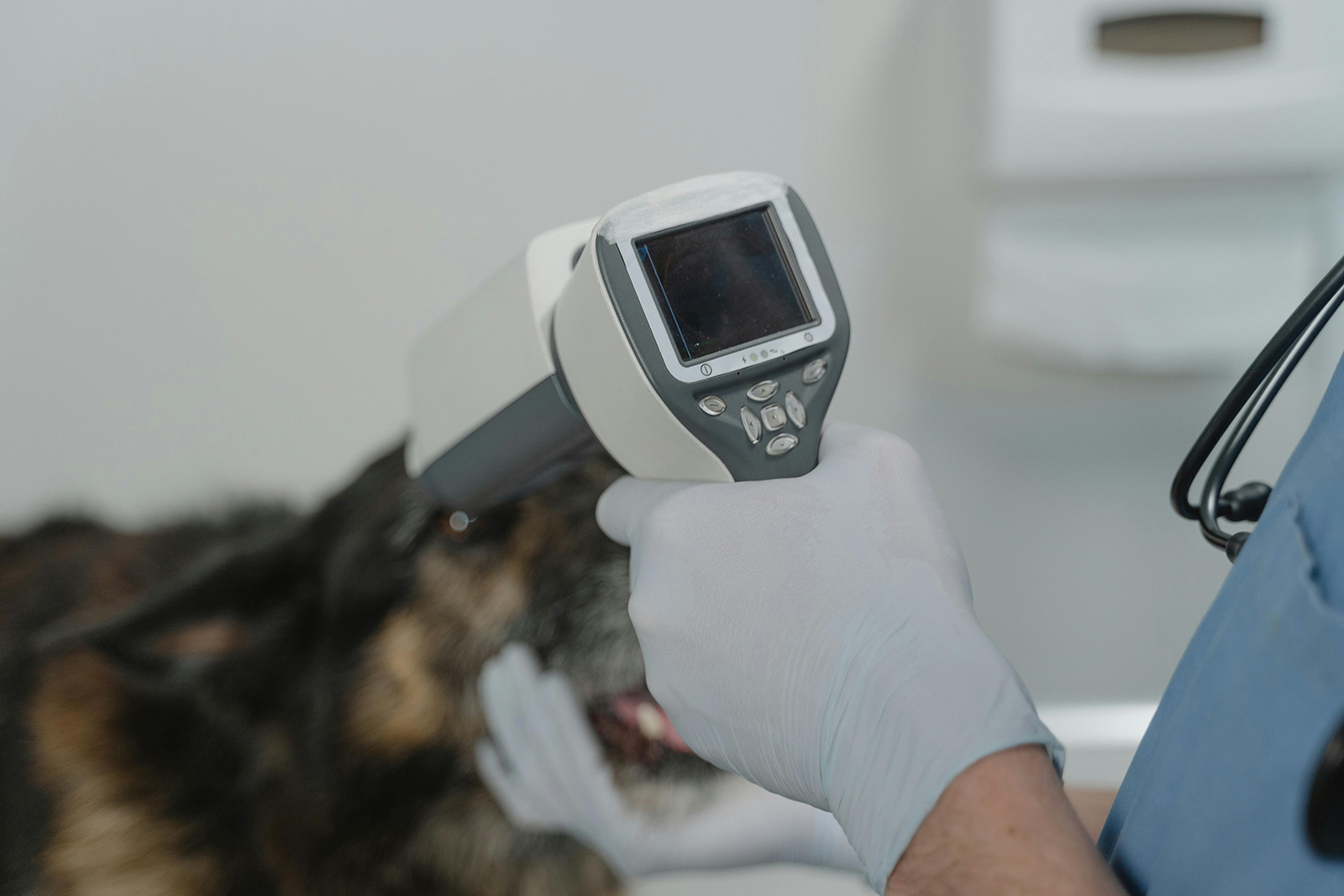

Taking your pet to the veterinarian is an essential part of responsible pet ownership. Regular check-ups help ensure your furry friend stays healthy and happy while also catching potential issues before they become serious. But how often should you actually take your pet to the vet? The answer depends on several factors, including your pet’s age, health status, and species.
During the first year of your pet’s life, frequent vet visits are crucial. Puppies and kittens should generally visit the vet every 3 to 4 weeks starting at around 6 to 8 weeks of age. These visits are primarily for vaccinations, deworming, and overall health assessments. Your vet will also monitor their growth and development to ensure they are on the right track.

In addition to vaccinations against diseases like distemper, parvovirus, and rabies, your pet may also receive treatments for fleas, ticks, and heartworm. This period is also a great time to discuss spaying or neutering, which usually occurs between 6 to 12 months of age.
Once your pet reaches adulthood—typically around 1 to 7 years of age, depending on the species and breed—annual check-ups are recommended. These visits usually involve a comprehensive physical examination, vaccinations, and preventive care such as parasite control. Your vet may also perform dental cleanings to prevent periodontal disease.
If your pet has a chronic condition like diabetes or arthritis, your vet might recommend more frequent visits to manage the illness effectively. Annual blood work and wellness exams help detect early signs of conditions like kidney disease, diabetes, and cancer, making treatment more manageable.
As pets age, their healthcare needs change significantly. Senior pets—generally those over 7 years of age—should visit the vet at least twice a year. Aging animals are more prone to developing health issues, including arthritis, vision and hearing loss, and organ dysfunction.

During senior visits, your vet will likely recommend blood tests to check for signs of liver or kidney disease, as well as screenings for cancer and other age-related conditions. Joint health and mobility will also be assessed, and your vet may suggest dietary changes to accommodate your pet’s evolving needs.
Aside from routine check-ups, emergencies can happen at any time. If your pet shows signs of distress, sudden weight loss, vomiting, difficulty breathing, or unusual behavior, seek veterinary care immediately. It’s better to err on the side of caution than to risk a serious health issue going untreated.
Cats are often more challenging to bring to the vet than dogs, but they still require regular care—especially since they tend to hide symptoms of illness. Small pets like rabbits, guinea pigs, and birds may also need annual check-ups, as they are prone to dental and nutritional issues.
Routine veterinary visits are crucial for keeping your pet healthy and detecting potential problems early. Puppies and kittens require frequent visits, adults benefit from annual check-ups, and senior pets need biannual exams. Always be mindful of changes in your pet’s behavior or health, and never hesitate to contact your vet if something seems off.
By keeping up with regular vet visits, you can ensure your beloved companion lives a long, happy, and healthy life.

